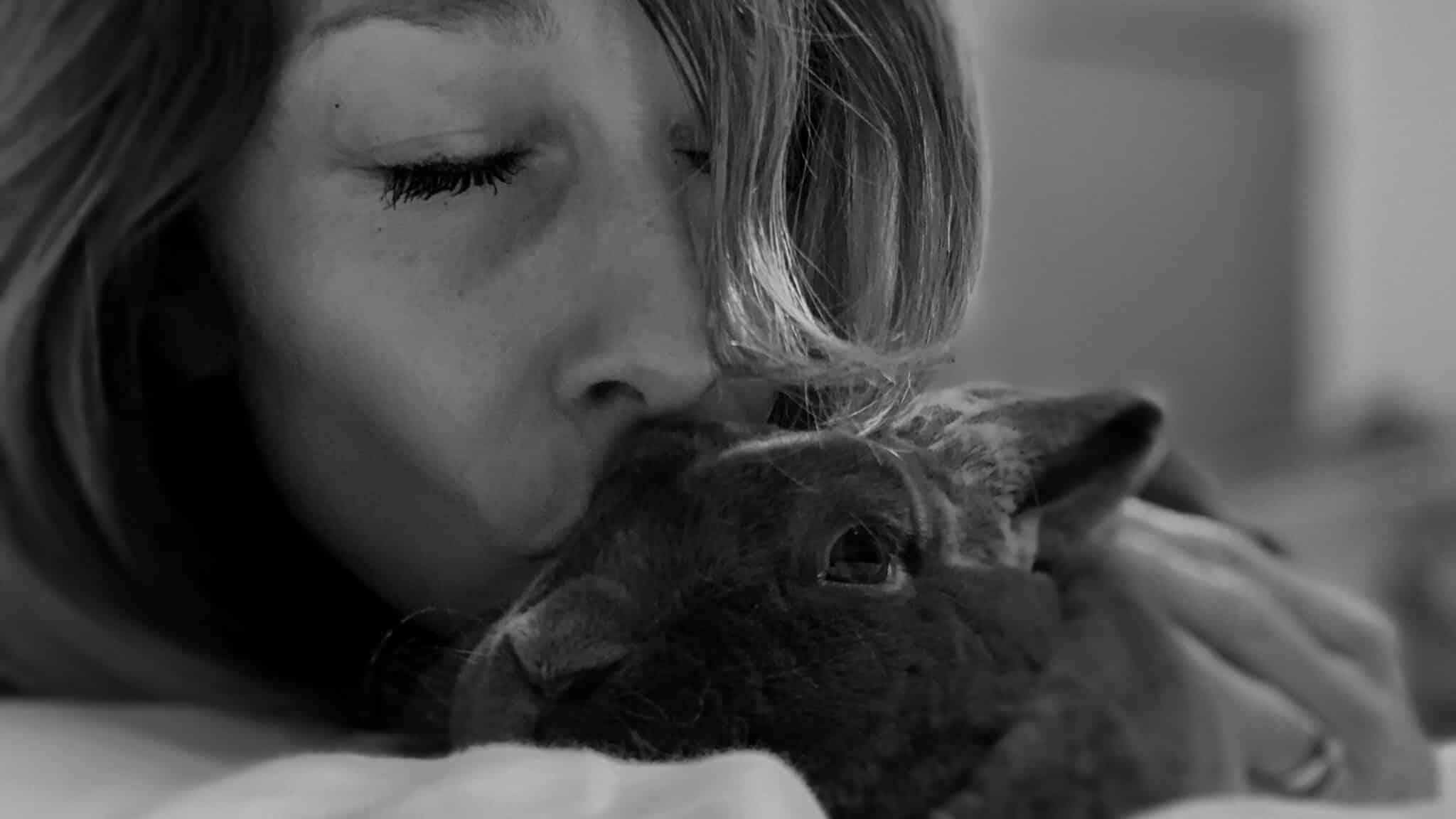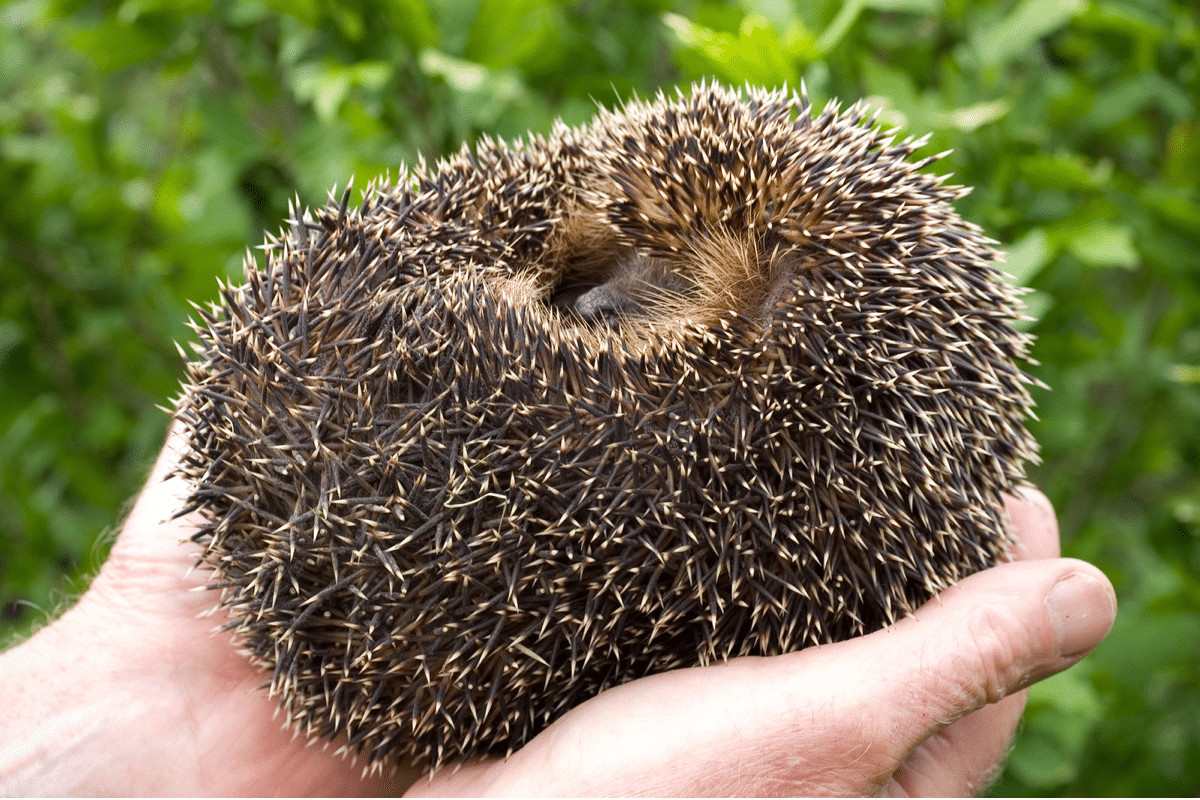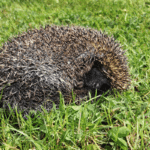There are a few things you need to consider before you go out and buy yourself some chickens to keep at home. Chickens require a lot of your time, you will need to do your research and provide suitable facilities in order to provide them with a suitable home. If you have your heart set on having chickens as pets, we recommend reading our advice below before you begin spending money on chicken coops and preparing your garden:
Chicken Housing Requirements
You will need to provide your chickens with a warm and dry house that provides enough space for the number of chickens you keep. You will need to spend time cleaning out the coop to prevent and remove parasites. The floor inside and outside the coop will need to be covered with dry materials (that need frequent replacing and topping up) so the chickens can perform their natural behaviours, such as dust bathing and foraging. You must also ensure the chickens have suitable strong perches and nesting boxes that are dree from draughts and fully lined with clean straw or wood shavings.
How Many Chickens?
The RSPCA recommend buying at least three hens as they do like the company of others. Don’t buy more than one cockerel and always take care when you decide to introduce more chickens into the family. Avoid bullying posing a problem by choosing chickens that have are the same size and monitor the chickens so you’re able to spot signs of trouble and aggression.
Living with Noise
Cockerels will crow and this is something you and your neighbours will need to accept. It’s a good idea to tell your neighbours about your plans to keep hens and a cockerel and discuss the issue of noise before you head out to buy your chickens. You must not introduce any methods to reduce the noise your cockerel makes.
Costs of Healthcare
You will need to register your chickens with a vet and provide them with healthcare as and when required. Have regular check-ups and look for signs of ill-health:
- Hiding and lack of movement
- Feathers that are erect
- Hunching
- Head tucked in beneath the wing
Other common problems to watch out for include:
- Feather pecking and cannibalism
- Worms, lice and red mite infestations
Feeding Chickens
You must provide fresh drinking water and the drinkers and food dispensers need to be cleaned regularly. Research the feed that is recommended for the age and breed of your chickens and remember to provide insoluble grit in order to aid digestion.
With the correct care and attention, chickens make wonderful and rewarding pets that can provide eggs and meat for the family. Always do your research and ensure you have enough space and the time and resources to create a healthy environment for your flock.
















